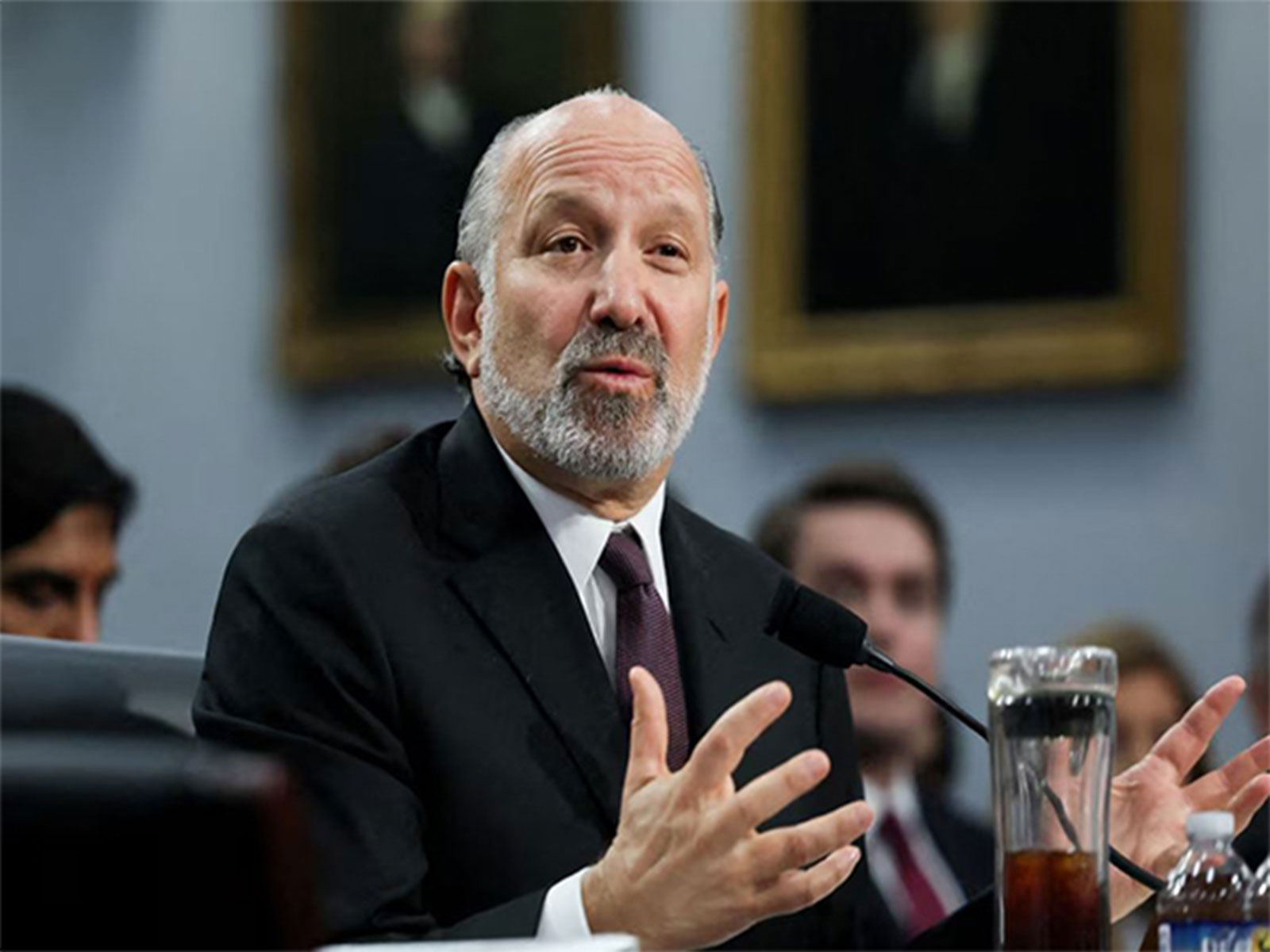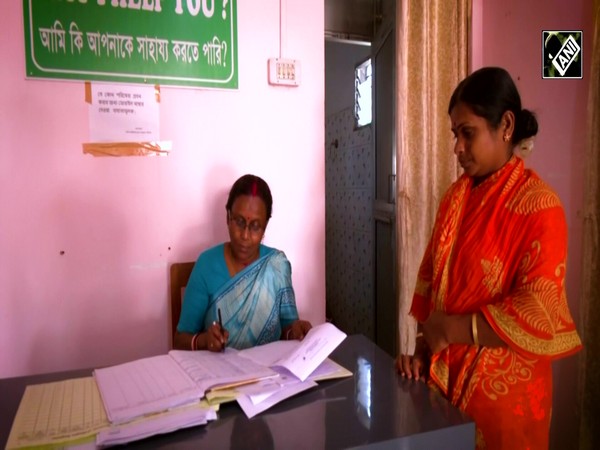ADB calls for far-reaching reforms to build resilient education systems amid Covid-19
Jan 25, 2021

Manila [The Philippines], Jan 25 : Governments and stakeholders in Asia and the Pacific should initiate far-reaching reforms to strengthen the resilience of education and training systems as they deal with the coronavirus disease (Covid-19) pandemic, according to a guidance note from the Asian Development Bank (ADB) released on Monday.
"With the right resources, strengthened capacity and deliberate actions, the region can put its education systems on a new and positive path as we settle into a new normal post-Covid-19," said ADB Sustainable Development and Climate Change Department Chief Sector Officer Robert Guild.
"Powered by knowledge, skills and human capital, the recovery in education will also help to support the recovery in other sectors."
'Covid-19 and Education in Asia and the Pacific' calls for developing countries to identify critical policy reforms like revamping teacher professional development and concrete actions to improve the quality, relevance and inclusion of education systems over the long-term.
Framed as the three Rs -- Response, Recovery and Rejuvenation -- the note outlines specific responses from the kindergarten level to higher education (K-12), and for technical and vocational education and training.
Education and training systems have experienced unprecedented disruptions due to Covid-19 with an estimated 1.7 billion students affected by school closures worldwide. Technology has enabled distance and personalised learning and will continue to be instrumental to education post-Covid-19.
While education technology tools can be a game-changer, the note stresses that ensuring students achieve high-quality learning must remain the central objective.
To address inequalities in digital access, the note advocates expanding access to affordable and reliable internet connectivity for households and education and training institutions, including through partnerships with telecommunications providers.
Big data can improve teachers' ability to assess students and introduce greater transparency and accountability by linking education delivery with learning data.
"Developing countries were already grappling with a learning crisis given that students were not learning enough," said ADB Education Sector Group Chief Brajesh Panth.
"The pandemic has exacerbated inequities and widened learning gaps. To turn the crisis into an opportunity, we must find new ways of supporting managers, teachers and parents. We must improve planning, coordination and partnerships -- ensuring quality and resilient education systems and learning for all."
As governments grapple with the costs of health and economic recovery, it is vital to protect education budgets. Investing in reskilling and upskilling of workers who lost jobs during the pandemic will play a critical role in accelerating the economic recovery by getting people back in labour markets.



















